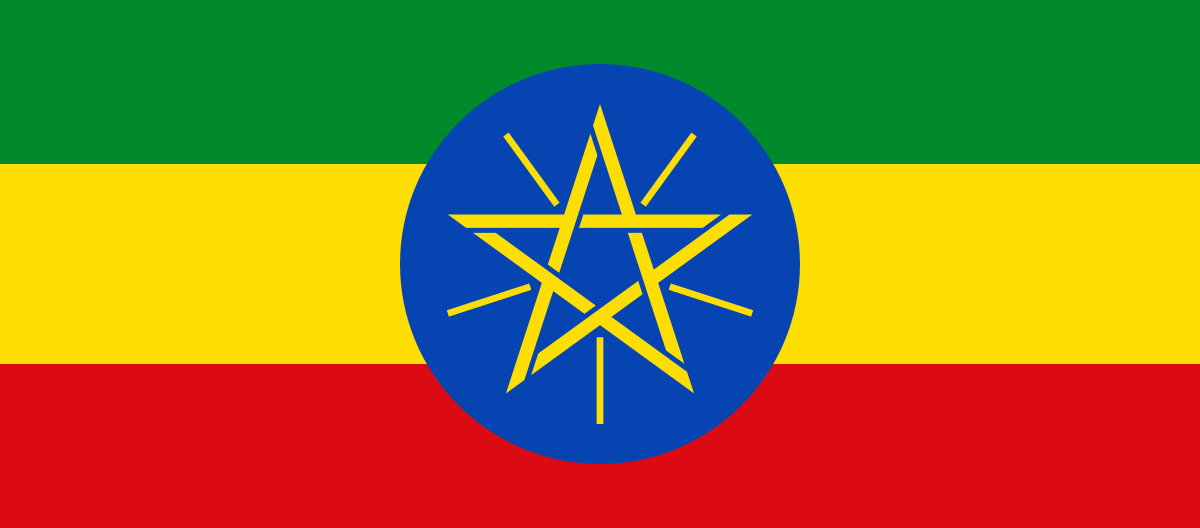

Travel Information: What You Should Know Before You Go
Ethiopia is unlike anywhere else in the world—a land of ancient history, diverse cultures, rugged landscapes, and warm hospitality. From the rock-hewn churches of Lalibela to the simmering Danakil Depression, Ethiopia offers unforgettable experiences. Here’s what you need to know before you pack your bags.
✈️ Entry Requirements & Visas
Visa: Most travelers need a visa to enter Ethiopia. You can apply online for an e-Visa or get one on arrival at Addis Ababa Bole International Airport.
Passport Validity: Your passport should be valid for at least 6 months beyond your date of entry.
Yellow Fever Certificate: Required if arriving from a country with a risk of yellow fever.
📍 Quick Facts About Ethiopia
Capital: Addis Ababa
Population: Over 120 million
Official Language: Amharic (though over 80 languages are spoken)
Currency: Ethiopian Birr (ETB)
Time Zone: East Africa Time (UTC+3)
Calendar: Ethiopia uses the Ethiopian calendar, which is about 7–8 years behind the Gregorian calendar.
Electricity: 220V, European plug (Type C, E, F)




🧭 Top Destinations
Lalibela – Home to rock-hewn medieval churches carved from a single piece of rock.
Simien Mountains National Park – Dramatic highlands with unique wildlife like the Gelada monkey.
Axum – Ancient obelisks and ruins from the Kingdom of Aksum.
Omo Valley – Diverse tribal cultures with vibrant traditions.
Danakil Depression – One of the hottest and most otherworldly places on Eart🌍 Culture & Traditions
Hospitality: Ethiopians are incredibly hospitable—expect to be offered coffee or food during your visit.
Coffee Ceremony: Coffee originated in Ethiopia, and participating in a traditional ceremony is a must.
Religions: A mix of Ethiopian Orthodox Christianity, Islam, and indigenous beliefs.
Tipping: Not obligatory, but appreciated (around 10% in restaurants).
🍲 Food & Drink
Injera: A sour, spongy flatbread served with various spicy stews (called wot).
Tibs: Fried meat chunks often served with vegetables.
Tej: Honey wine traditionally served in a flask-like glass.
Tap water: Not safe to drink—stick to bottled or filtered water.
🛡️ Health & Safety
Vaccinations: Routine vaccines plus hepatitis A, typhoid, and possibly malaria prophylaxis depending on your destination.
Altitude: Many places are at high elevations—take it easy on arrival.
Travel Insurance: Highly recommended, especially if you plan on trekking or remote travel.
🚌 Getting Around
Domestic Flights: Quick and affordable via Ethiopian Airlines.
Buses & Minibuses: Common for local travel but can be crowded.
Taxis: Use metered taxis for safety and price.
Car Rentals: Possible, but driving can be challenging due to road conditions and local traffic habits.
📱 Connectivity
SIM Cards: Available at the airport or in cities—Ethio Telecom & Safaricom are the providers.
Internet: Can be slow outside major cities, and outages do happen.
📝 Fun & Unique Facts
Ethiopia is one of only two African countries never colonized.
It follows its own calendar and has 13 months in a year.
The country runs on a 12-hour clock, reset at sunrise and sunset.
The Rift Valley cuts through the country—great for seeing geological wonders and birdlife.
It’s the cradle of humanity—fossils of the early hominid Lucy were found here.
✅ Final Tips
Learn a few words of Amharic—it goes a long way!
Dress modestly, especially when visiting churches and rural areas.
Respect local customs and traditions—always ask before taking photos of people.
Bring cash—ATMs can be limited outside big cities.




